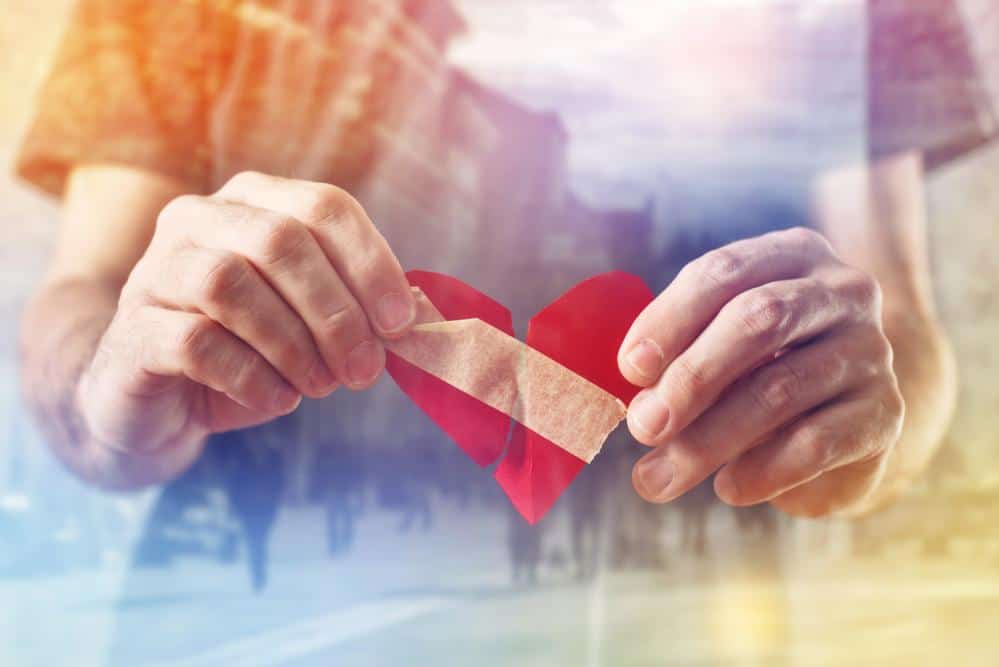Like many states, the budget for New Jersey’s treatment and recovery programs are over capacity, and there are a lot of sick people who need help that can’t get it.Because of this huge gap between addiction and recovery, an experiment in outreach meant to keep people needing help from falling through the cracks.
New Jersey is one of the deadliest states on the East coast when it comes to opioid addiction. In fact, in just one year, 2014 to 2015, overdose deaths climbed 22%, killing 918 people in 2015. With roughly 128,000 heroin users in New Jersey, opiates have claimed the lives and livelihoods of many people – brothers, sisters, mothers, fathers, and friends. The ages of these drug users who lost their lives ranged from age 17 to 72. And while public health officials in the federal government have done studies and written suggestions, there were certain members of the New Jersey community that could not wait for public health instructions to come from higher up. Many counties and cities have taken it upon themselves to battle addiction as they wait for further aid from the state and the federal government.
Enter CARES – The Center for Addiction Recovery, Education & Success, a community effort to meet addicted persons where they’re at and help them “find, maintain, and enhance their recovery experience through peer support, educational and volunteer opportunities and sober recreation, as well as working to reduce stigma associated with substance abuse through advocacy, education and service.”
More involved than most community recovery program efforts, CARES does much more than handing out brochures and pamphlets. Run by an all-volunteer staff, the organization maintains a calendar of events as well as regular recovery meetings on its website. Their robust recovery support programs offer people seeking help “All Recovery” support meetings, where they can interact with peers from all walks of life.
Most excitingly, CARES has a project they’ve named HOPE ONE, an outreach effort that takes the task of helping addicted persons to the streets, quite literally. HOPE ONE is the name of the van that the organization takes to high-risk areas of the county to hand out necessities such as meal vouchers, Narcan kits and access to treatment, mental health services, and more. The van is staffed by volunteers, a Licensed Clinician, a Certified Peer Recovery Specialist, and a plain clothed police officer to help those in need find recovery assistance. Its sole purpose is to help people in trouble with drugs find the hope and support they need to break the cycle of addiction and get the help they need.
CARES also offers phone support to people seeking recovery. More than just a hotline, a person new in recovery can sign up and receive a weekly support call from a trained volunteer. The call is simply a check-in with the person to see how their recovery is going, but that little call is a reminder to those who are struggling that somebody out there is thinking of them, and they care.
NJ has also established a new statewide credential for recovering alcoholics and drug addicts wishing to enter the treatment field. Deemed the Certified Peer Recovery Specialist or CPRS, the credentials follows in the footsteps of twenty-one other states with similar credentials. This peer certification acknowledges the critical role of peers in a recovery oriented system of care and is meant to enable the creation of a trained and certified peer workforce that can be used to bridge the gap between active addiction and treatment services, which often have a wait time that is difficult for those seeking help.
While it seems to be an uphill battle, many officials decided that the numbers and the people who were being lost were worth a heck of a fight to save. In addition to the services offered directly to addicted persons, the organizations also offer Narcan training and CPRS training, free.
New Jersey is currently dealing with an unprecedented number of people struggling with opiate addiction and overdoses. The project, although primarily staffed by volunteers, also received money from the NJ Division of Mental Health and Addiction Services’ Opioid Overdose Recovery Program, or OORP Grant. If successful, more counties will follow in their footsteps. The organization hopes to build a model that focuses less of criminalizing addiction and more on helping those with drug addiction get – and stay — clean.



Leave A Comment